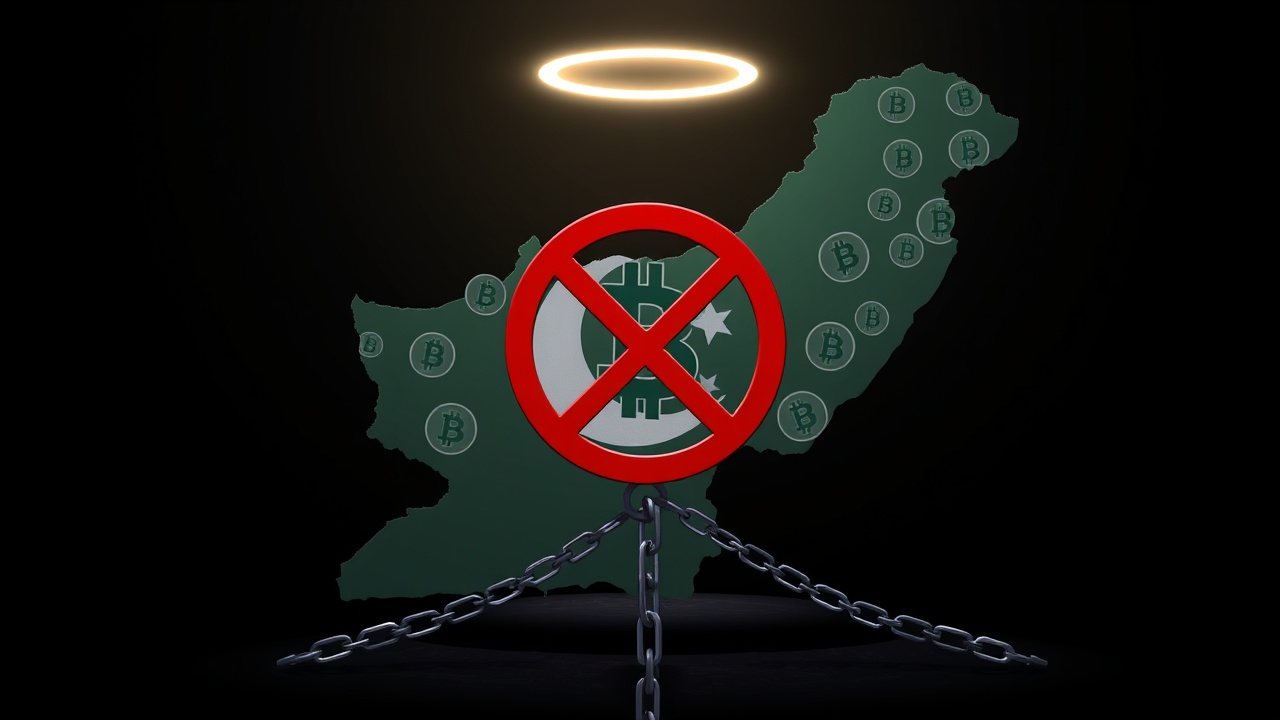Pakistan’s Stance on Cryptocurrency
On Thursday, Pakistan’s foremost financial authorities, including the State Bank and the Ministry of Finance, reaffirmed that cryptocurrency remains prohibited in the country, despite recent initiatives aimed at promoting Bitcoin usage. The clarification came during a meeting regarding Finance and Revenue led by Finance Secretary Imdadullah Bosal, who emphasized that the existing ban on cryptocurrencies is still in force.
Formation of the Crypto Council
In a noteworthy development, Prime Minister Imran Khan has established a Crypto Council, chaired by the finance minister, to investigate the digital asset landscape. However, this council’s formation does not alter the legal status of cryptocurrencies, as defined by regulations from the State Bank of Pakistan (SBP) and the Securities and Exchange Commission of Pakistan (SECP).
Legal Status and Concerns
The State Bank has maintained its position since a 2024 ruling, designating cryptocurrencies like Bitcoin as illegal. Bilal Bin Saqib, the CEO of Pakistan’s Crypto Council and the Prime Minister’s advisor on crypto and blockchain, recently highlighted the country’s intentions to establish a Bitcoin reserve during an address at the Bitcoin 2025 conference in Las Vegas.
This conflicting approach to cryptocurrency adoption has sparked concern among committee members who are questioning the government’s mixed messages. They are troubled by the promotional activities encouraging citizens to invest in cryptocurrencies despite the ongoing prohibition, cautioning that such encouragement might lead to significant risks for investors.
Electricity Allocation for Bitcoin Mining
In an intriguing development, the government’s recent decision to allocate 2,000 megawatts of electricity for Bitcoin mining and AI data centers has raised further questions regarding the nature of the mining operations—whether they will be state-run or private enterprises. Additionally, there are concerns that the move could facilitate illegal transactions, as unregulated digital transfers might replace conventional hawala systems.
Warnings and Regulatory Discussions
The SBP has previously issued warnings about the dangers of trading cryptocurrencies, advising the public to tread cautiously. Meanwhile, discussions surrounding a proposed bill for digital currency regulation have intensified, propelled by MNA Sharmila Farooqi‘s advocacy for a structured framework to address potential money laundering threats. This call for regulation comes in the wake of Pakistan’s recent exit from the Financial Action Task Force’s (FATF) grey list.




